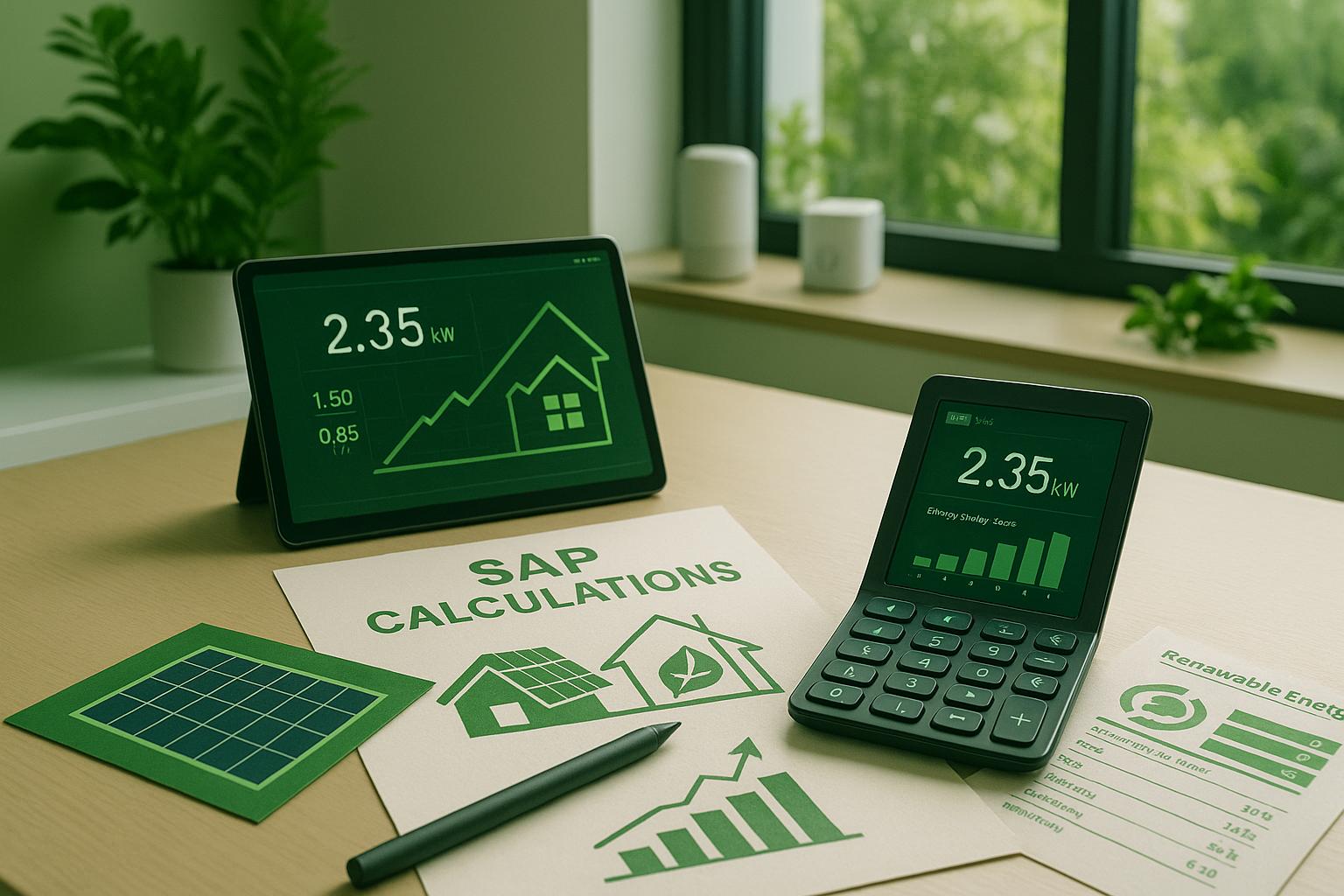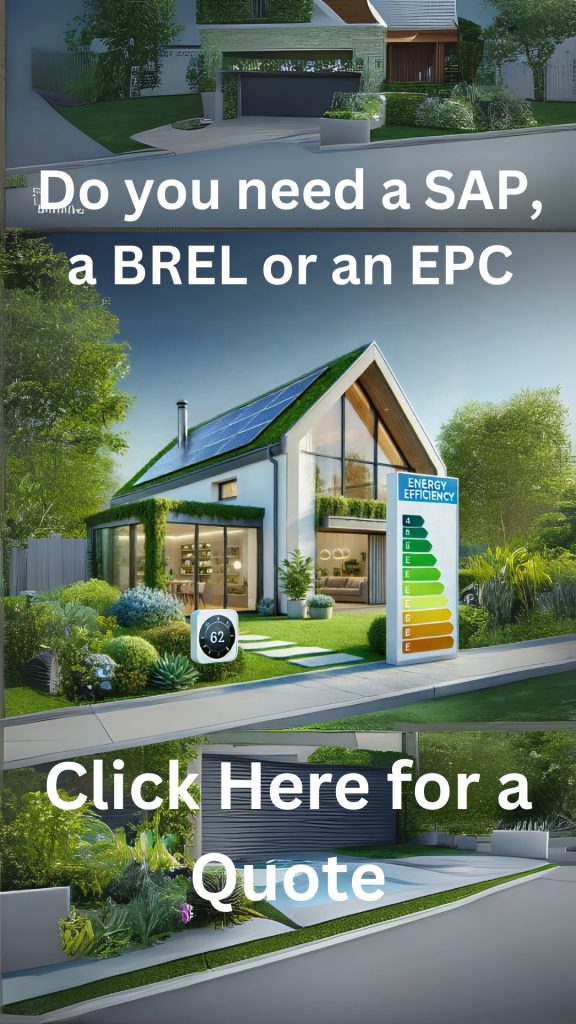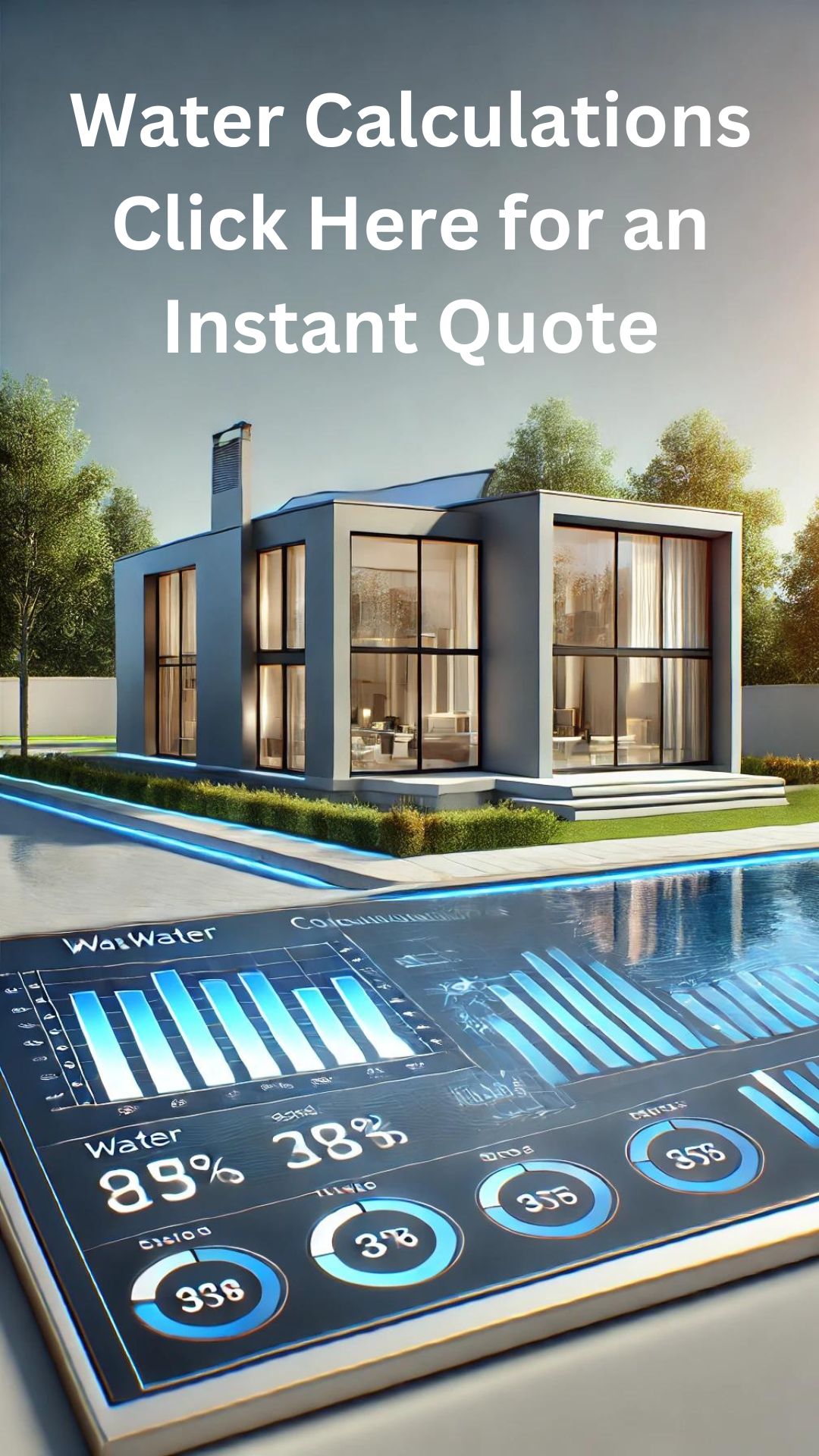How Much Do SAP Calculations Cost in the UK? (2026 Guide)
If you’re planning a new build, extension or conversion, one of the first questions you’ll ask is:
How much do SAP Calculations cost in the UK?
The answer depends on several factors, including project size, design complexity and compliance requirements. However, understanding typical pricing early helps you budget correctly and avoid unexpected revision costs later.
If you’re unfamiliar with the compliance process, review our full SAP Calculations UK guide first to understand what’s included in the assessment.
In this article, we break down realistic pricing, what affects cost, and how to avoid paying more than necessary.
📊 Typical SAP Calculation Costs in the UK
While every project differs, typical pricing ranges are:
- Single Dwelling New Build: £150 – £300
- Conversion Projects: £200 – £400
- Extensions (if required): £100 – £250
- Multiple Units: £50 – £150 per unit (depending on the number of units)
Larger developments benefit from economies of scale. However, complex designs may increase modelling time.
🏗️ What Affects SAP Calculation Costs?
Several variables influence how much SAP Calculations cost in the UK.
1️⃣ Project Size
Naturally, larger dwellings require more modelling input. Multiple units increase assessment time but often reduce per-unit cost.
2️⃣ Design Complexity
Unusual designs can increase modelling time. For example:
-
Extensive glazing
-
Complex junction detailing
-
Multiple heating systems
-
Mixed construction types
If your design pushes compliance limits, additional revisions may be required.
3️⃣ Specification Changes
Mid-project design changes often increase costs.
For example:
-
Changing window specifications
-
Switching heating systems
-
Adjusting insulation thickness
-
Adding or removing renewables
As a result, additional modelling updates may be necessary.
If you want to reduce revision risk, read our guide on how to improve your SAP score before submission so you can strengthen performance early.
4️⃣ Air Testing & Compliance Coordination
Your SAP model must align with final air permeability results under Building Regulations Part L.
If air test results differ from design assumptions, additional modelling may be required.
Coordinating early with your Air Tightness Testing provider reduces unexpected revision fees.
5️⃣ Overheating Requirements (Part O)
Many new dwellings also require compliance under Building Regulations Part O.
If SAP modelling conflicts with your overheating strategy, amendments may be required.
Aligning your SAP report with your Overheating Assessments from the outset helps control costs.
6️⃣ Planning-Stage Sustainability Requirements
For larger developments, SAP modelling may need to align with approved Energy Statements submitted during planning.
If design changes alter carbon targets or renewable strategies, additional compliance updates may increase overall consultant time.
💰 Hidden Costs Developers Often Overlook
When calculating how much SAP Calculations cost in the UK, many developers focus only on the initial design-stage fee.
However, additional costs may arise from:
-
Late design revisions
-
Failed air tests
-
Rejected submissions
-
Specification changes
-
Delays in documentation
If you’re concerned about rejection risk, read our guide on why Building Control reject SAP reports to understand how to avoid avoidable revision expenses.
Early coordination almost always reduces total project cost.
📈 How to Keep SAP Costs Under Control
If you want to control how much SAP Calculations cost in the UK, follow these principles:
-
Involve your SAP assessor early
-
Provide full construction specifications
-
Avoid mid-build design changes
-
Confirm heating systems before modelling
-
Coordinate air testing targets
-
Align Part L and Part O strategies
Most importantly, treat SAP as part of the design process — not a final compliance document.
🔄 Design Stage vs As-Built Stage Costs
Remember, SAP involves two key stages:
-
Design-stage calculations
-
As-built calculations and EPC
If installed specifications differ from design assumptions, additional modelling may be required.
Therefore, consistency between drawings and construction helps control final costs.
❓ Frequently Asked Questions
How much do SAP Calculations cost for a new build?
Most single dwelling projects fall within a mid-range fee depending on complexity. Larger developments typically receive bespoke pricing based on unit numbers and modelling requirements.
Why do SAP costs vary between providers?
Costs vary due to experience level, revision policies, turnaround time and project complexity. Some low-cost providers charge extra for revisions.
Do SAP revisions cost extra?
In many cases, yes. If specifications change or compliance targets are missed, additional modelling may be required. Early optimisation reduces this risk.
Is air tightness testing included in SAP costs?
No. Air testing is a separate service. However, coordination between SAP modelling and Air Tightness Testing is essential for compliance.
Can I reduce SAP costs?
Yes. You can reduce total costs by providing accurate information early, avoiding mid-project changes and improving performance before submission.
📌 Final Thoughts
So, how much do SAP Calculations cost in the UK?
The honest answer depends on your project’s size, complexity and coordination. However, early planning, clear specifications and proactive performance optimisation almost always reduce overall compliance costs.
If you’re budgeting for a new build, extension or conversion, speak to our team for a tailored quote.
📞 Call: 020 3745 1093
📧 Email: [email protected]
➡️ Get Started Now







